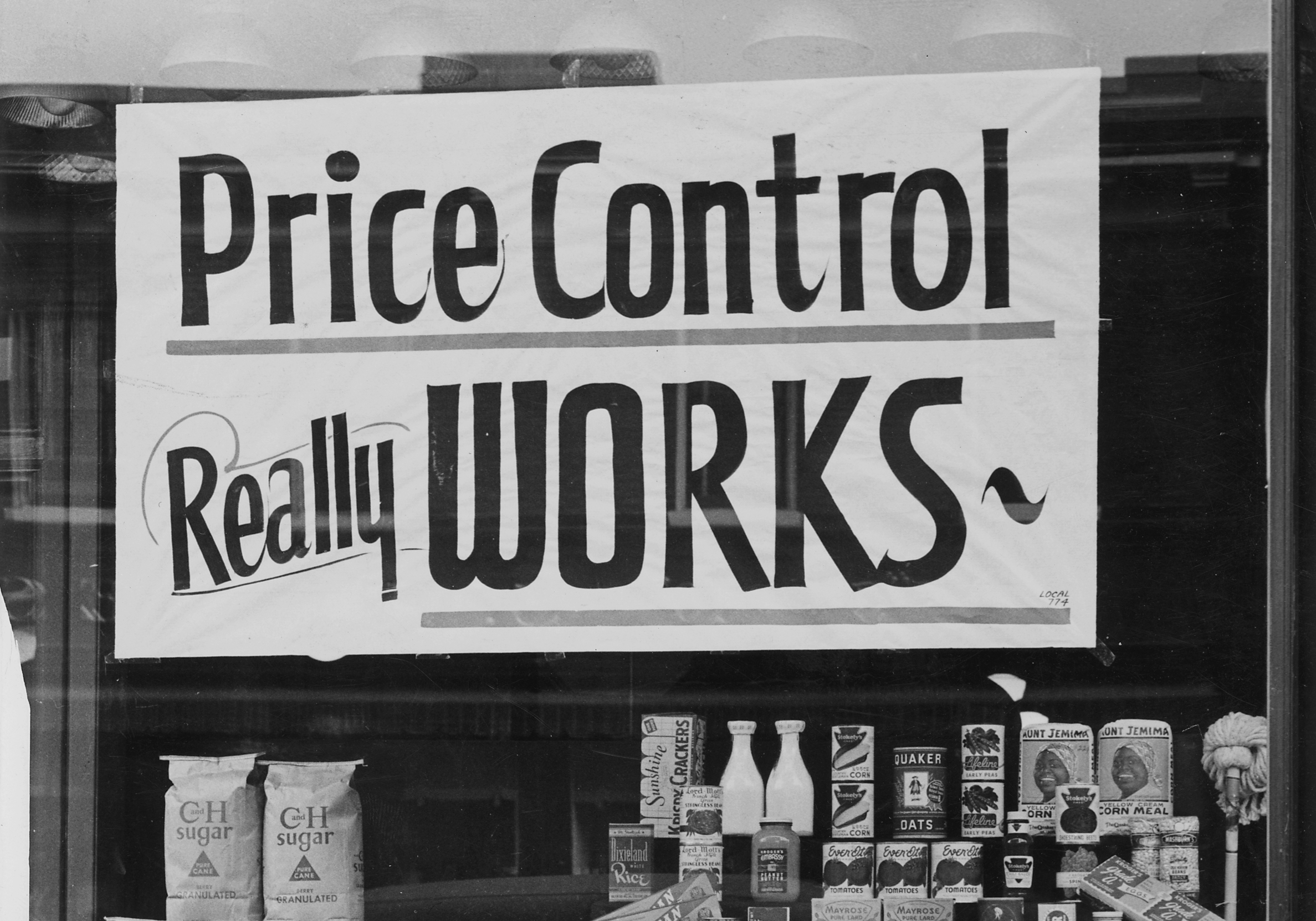Prices tell us important things about how our economy is doing.
Inflation in the U.S. is at its highest level in forty years, which seems to be reigniting the debate over price controls, which were thought to be a policy tool of the past. As prices rise, many well-known economists, such as Robert Reich, the former US Secretary of Labor, and Todd Tucker, the Director of Industrial Policy and Trade at the Roosevelt Institute, have recently come out in favor of price controls set by the government.
Even the new conservative prime minister of the UK, Liz Truss, came up with a plan to fight inflation by putting a cap on how much people pay for home energy.
No matter who you think is to blame for inflation, there is no worse way to fight it than with government-led price controls. Any student of Econ 101 could tell you that prices in a market economy tend to settle at the point where supply and demand meet. But when the government puts an artificial limit on prices, the supply goes down and the demand goes up, causing a shortage. After all, companies are less likely to make and sell products if they can't sell them for a good price. In a recent poll of 41 academic economists by the Booth School of Business at the University of Chicago, 61% said that price controls like those in the 1970s would not "successfully reduce U.S. inflation over the next twelve months." Only 23% of those who answered said that price controls could bring inflation down (and all reported lower levels of confidence in their prediction).

For older people in the U.S., the debate over price controls is nothing new. In August 1971, President Richard Nixon said that most wages, prices, and rents would be frozen for 90 days. It was a short-sighted way to try to stop prices from going up at a rate that had not been seen since the Korean War. When Nixon made his announcement, the markets went up and polls showed that 70% of Americans agreed with the plan. Nobel Prize-winning economist Milton Friedman, on the other hand, predicted that Nixon's plan would fail and that inflation would come out into the open. As expected, prices went up as soon as the controls were lifted. This showed how weak it is for the government to try to control prices.
Nixon's price controls had many strange and sad effects, but one of the worst was the idea that farmers might drown millions of baby chicks (or gassing them).
Since the price of chickens was set, but the price of the grain they ate wasn't, it was no longer profitable to sell them. Sad to say, this meant that the farmers had to kill them if they didn't want to lose money. This is just one example of what can happen when the government gets in the way too much and stops the market from working.
When prices are left alone, they tell us important things about our economy. They find scarce resources, show what consumers want, and encourage people to start businesses and come up with new ideas. But when the government tries to "protect" consumers by putting a cap on prices, this information gets messed up.
On an emotional level, it's easy to see why people want to control prices. When your gas or grocery store bill keeps going up, it's easy to wish for lower prices as a short-term fix. But if we stay away from this misguided extreme, we'll be able to see the state of our economy much more clearly in the future and focus on solutions that will actually bring inflation down.
=====


























